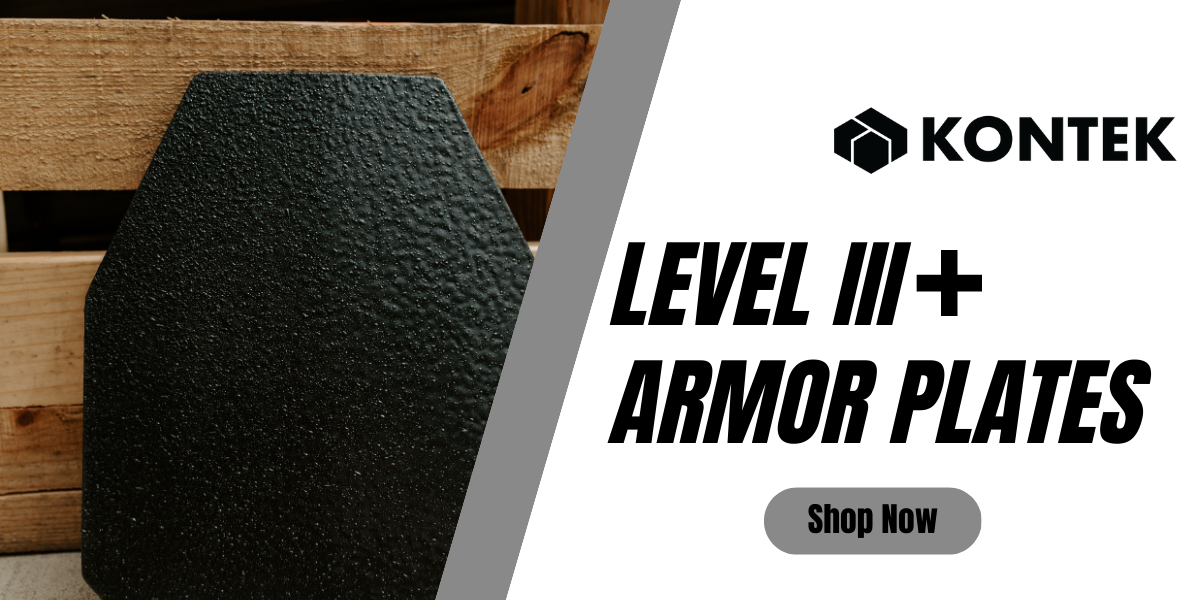Ballistic resistant glass is made from acrylic or polycarbonate. The acrylic is used in retail establishments and is a solid piece of acrylic that is available in different thicknesses. Bullet resistant glass that is made from polycarbonate is made in layers. The layers add up to different thicknesses. Glass with more layers stops larger ammunition.
Ballistic glass is rated in levels. Level 1 is good for banks, gas stations, and other retail shops. It is made from acrylic or a few layers of polycarbonate. You might find Level 2 ballistic glass in corporate banks or financial institutions. It has more layers of polycarbonate than Level 1 glass. A Level 1 window would stop something like a 9 mm full metal copper jacket with lead core ammunition while the Level 2 would stop a .357 round.
Bulletproof Glass
Technically, bulletproof glass doesn’t exist, though the term is often used. In the industry, it is referred to as ballistic resistant glass. Glass that is referred to as bulletproof is usually made from two different layers. The layer that is toward the threat is made from brittle glass while the inside layer is polycarbonate. When the bullet strikes the fragile layer, it breaks. That slows the forward movement of the bullet and spreads its force out so that it’s not concentrated on one part of the glass. The polycarbonate layer is then able to stop the bullet.
Who Uses Bulletproof Glass?
Anyone who feels he or she needs protection uses bulletproof glass. It’s also used in factories where machines could spit parts out at those running the machines. Glass cutters also have a thin film of bulletproof glass to keep shards of cut glass from flying in their faces. You might find bulletproof glass in factories, embassies, government facilities, retail stores, personal limousines, and other vehicles, banks, gas stations and more.
The Difference Between Bulletproof Glass and Bullet Resistant Glass
Bulletproof glass manufacturers make a few types of glass. Bullet resistant glass made from acrylic resists lower caliber ammunition and is commonly used in retail establishments and some banks. Lower levels of polycarbonate glass are also used in banks and retail establishments and are stronger than acrylic only products. Eight bullet resistant glass levels are made. The higher the level, the higher the cost—and the more stopping power the glass has.
-
Level 1, which is used in retail establishments, pharmacies, gas stations, and banks will stop a 9 mm full metal copper jacket with a lead core.
-
Level 2, which is commonly used in financial institutions and corporate banks stops a .357 magnum jacketed round with a soft point.
-
Level 3, which is commonly used in police stations, government facilities and by utilities stops a .44 magnum lead semi-wadcutter gas-checked round.
-
Levels 4 through 8 are expensive and are generally used by the government and military.
-
Level 4 stops a .30 caliber rifle round with a lead core.
-
Level 5 stops a 7.62 military ball rifle round with a lead core and full metal jacket.
-
Level 6 stops a 9 mm full metal copper jacket with a lead core.
-
Level 7 stops a 5.56 mm rifle round with a full metal copper jacket and lead core.
-
Level 8 stops a 7.62 mm military ball rifle round with a lead core and full metal copper jacket.
-
Before purchasing bullet resistant glass, speak with someone at Kontek Industries to help you determine the best level for your needs so you don’t spend more than you need to for protection.
Contact Kontek Industries for Ballistic Glass Solutions
Once you’ve determined that ballistic glass is needed for your business or personal use, contact Kontek Industries to discuss the type of protection you need and the different solutions available to protect your employees from shootings, parts flying from machinery, mother nature and other dangerous situations.

